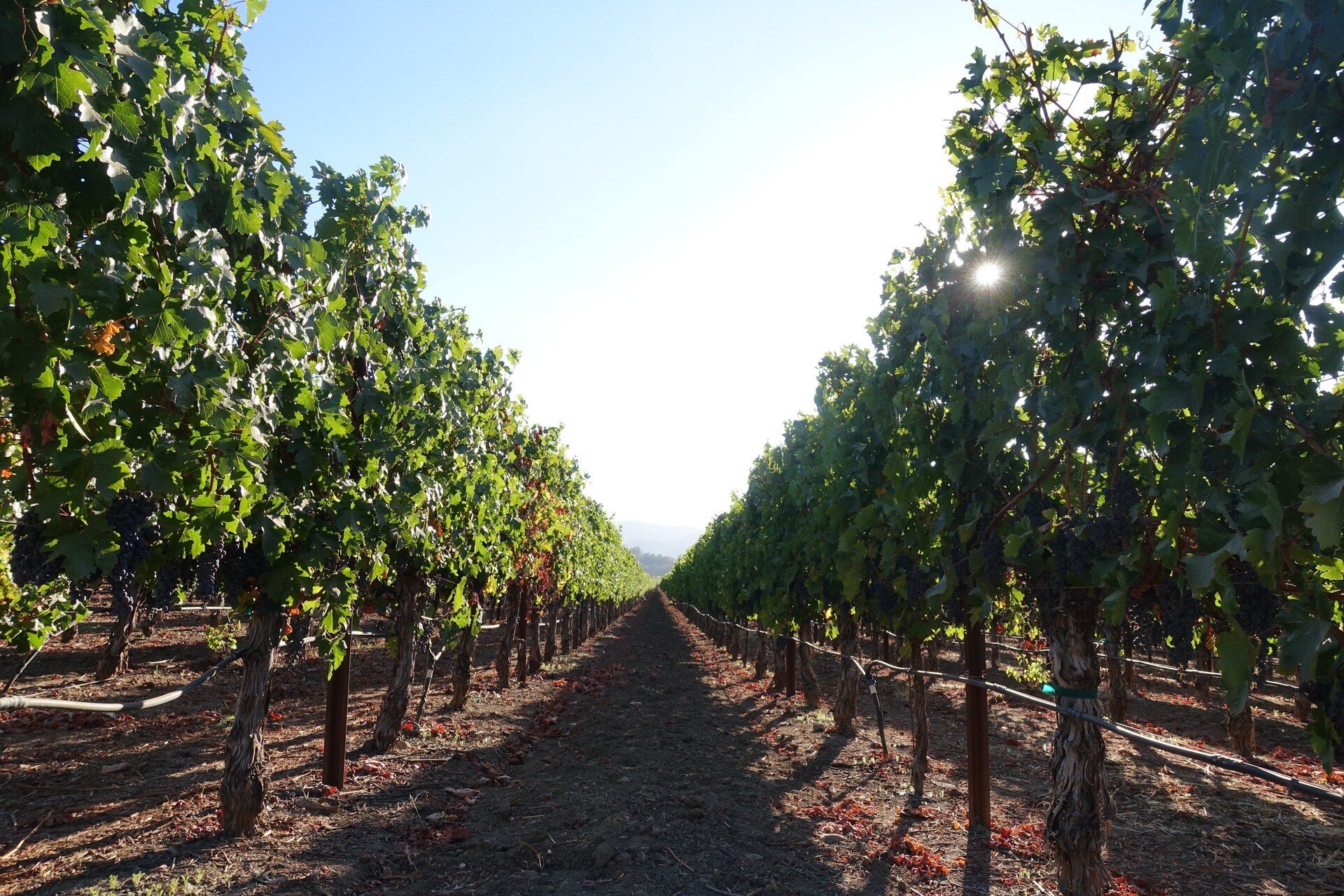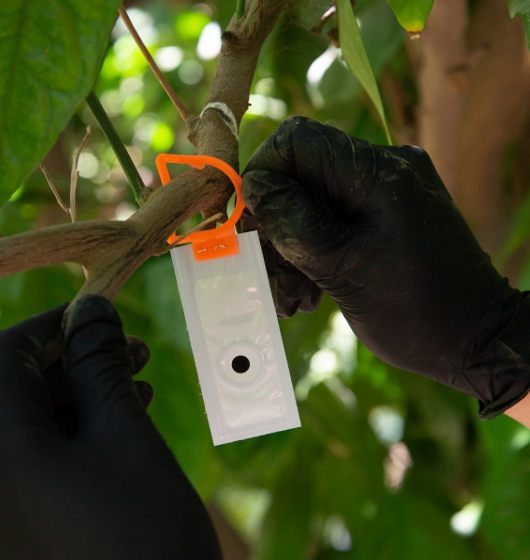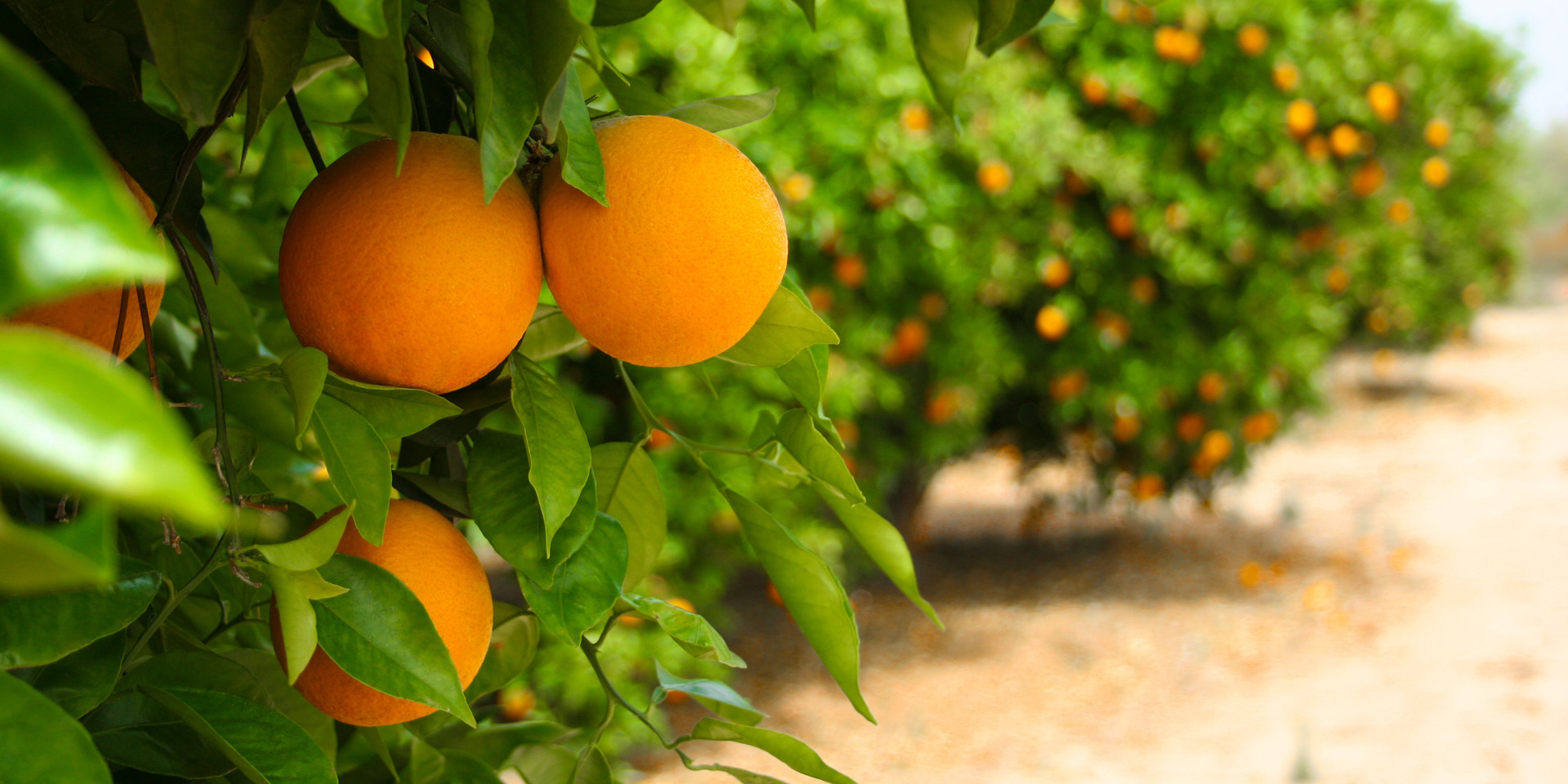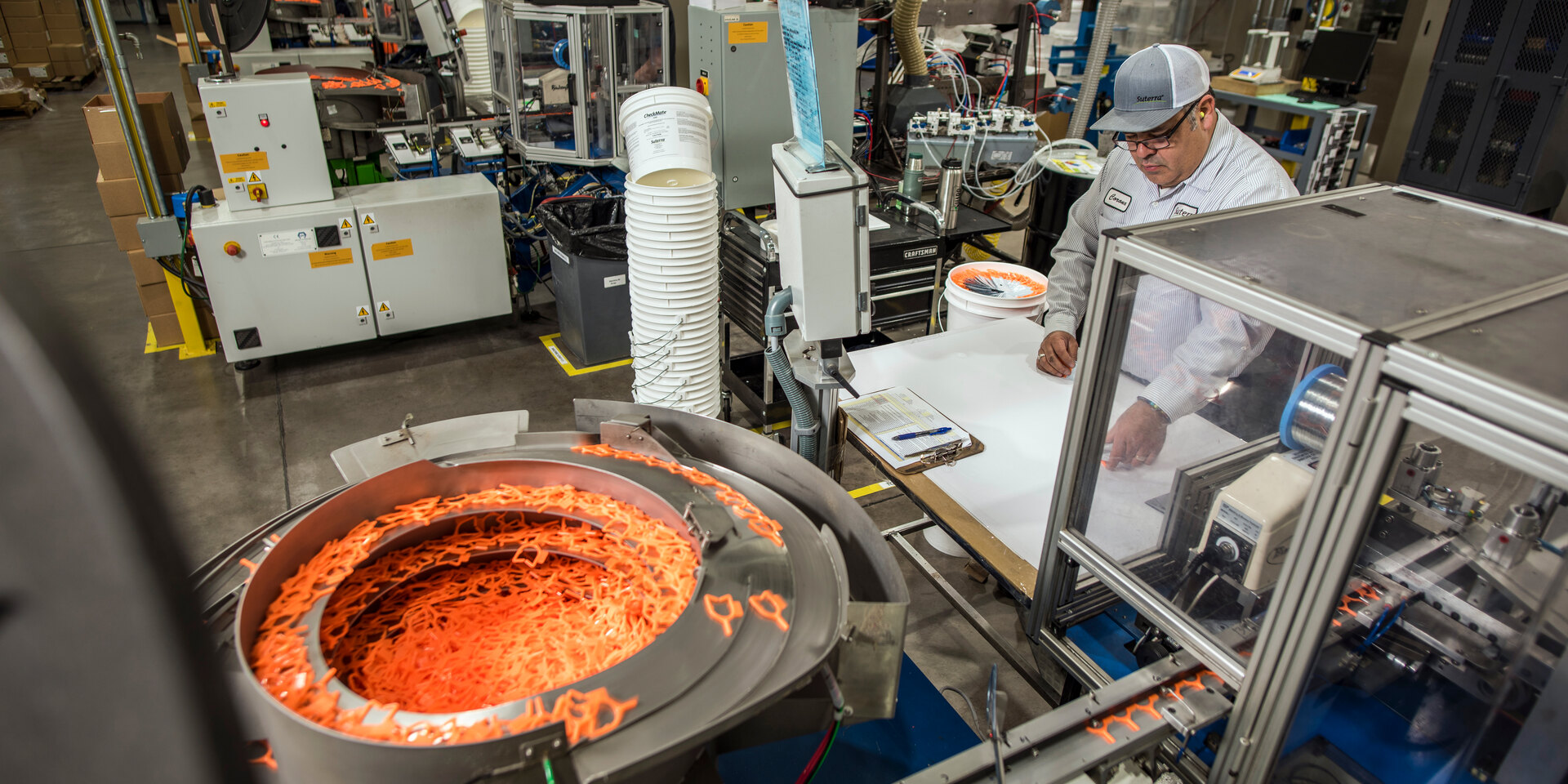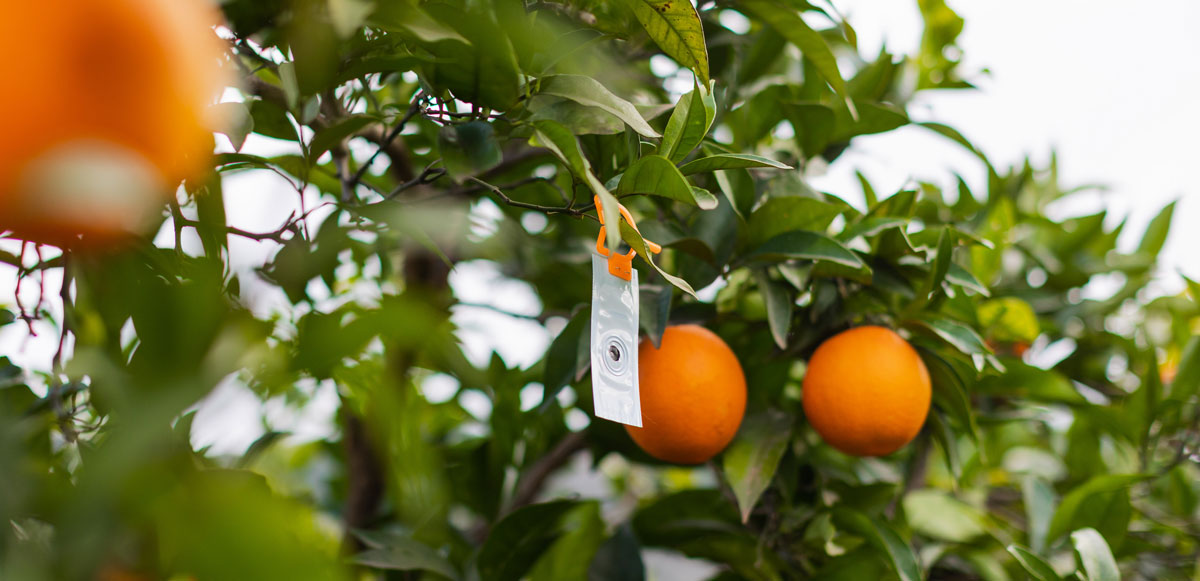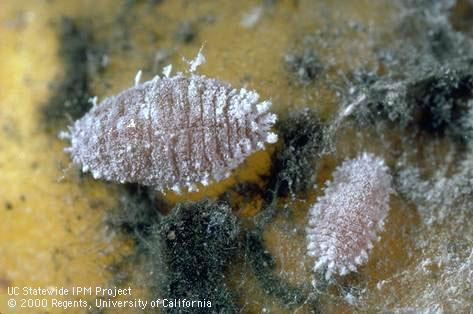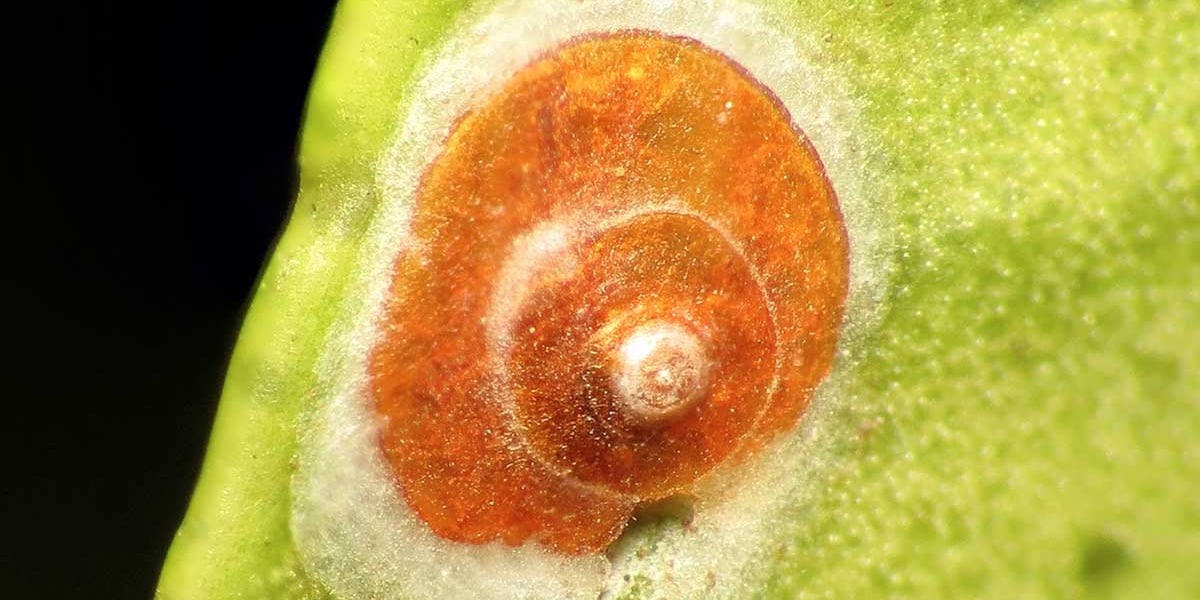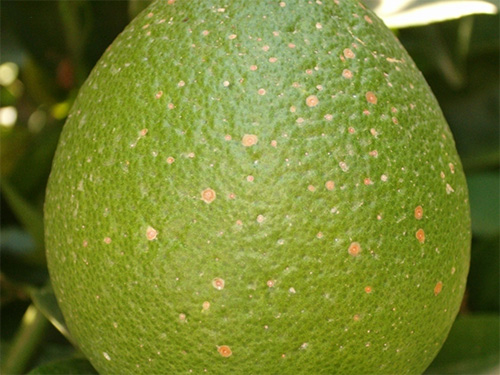Suterra Blog
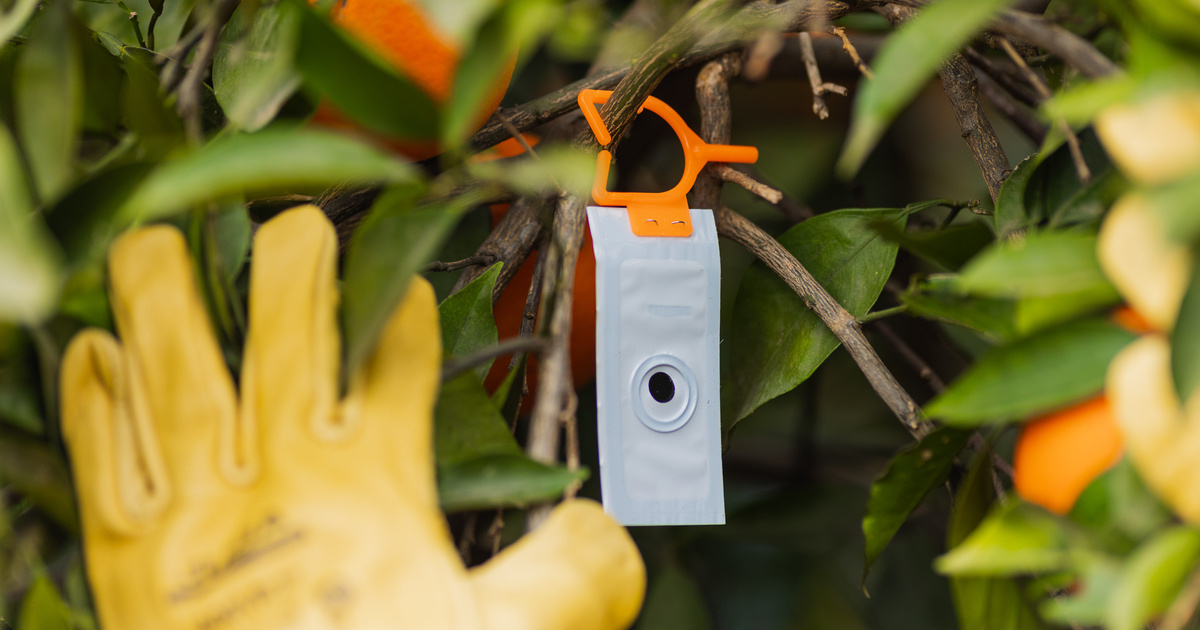
University Research Confirms CheckMate® CRS Mating Disruption Reduces Pest Damage
Latest Posts
Three Questions to Ask About Your California Red Scale Mating Disruption
As a grower or crop adviser managing the persistent threat of California Red Scale (CRS), your choice of mating disruption product is crucial in protecting your orchards. With so..
Effective Monitoring and Control of California Red Scale in Citrus Groves
With spring almost here, it’s a great idea for citrus growers to monitor their fields for California red scale, if they haven’t already. Need a quick refresh on best monitoring..
The Science of Suterra's Dispenser Technologies for Mating Disruption
It is widely accepted within the agricultural industry that mating disruption is an effective and valuable Integrated Pest Management tactic. Whether you’re a new or veteran user..
Tech Team Takeover: University Research Confirms CheckMate® CRS Mating Disruption Reduces Pest Damage in Citrus
This technical article was written by Dr. Emily Symmes, PhD in Entomology and Technical Field Manager at Suterra.
Monitor for Citrus Mealybug with Suterra's CMB Lures
Suterra has recently released a lure to aid in monitoring for citrus mealybug, a pest of citrus crops in the United States and worldwide. Learn how and why you should monitor for..
Citrus Growers See First Flight of California Red Scale
You may have observed small numbers of California Red Scale males in pheromone traps ahead of the first flight ( defined as two consecutive weeks of increasing capture after..
Best Practices for Monitoring California Red Scale
With spring approaching, the citrus industry in California will soon begin monitoring for California Red Scale. Now is a great time to review best practices for monitoring the..
California Red Scale 4th Flight Update
In the Central Valley of California, depending on location, the fourth flight of California Red Scale Aonidiella aurantii in citrus would have started between the 20th and 30th of..
Popular Posts
